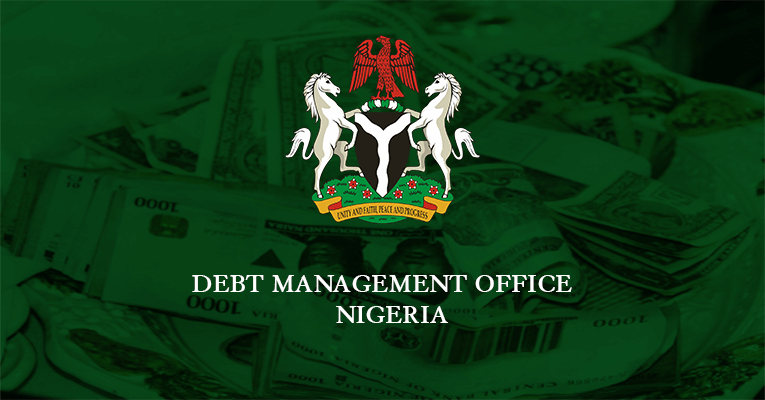The Federal Government has appointed a director general for the Debt Management Office, DMO. She is Patience Oniha.
Ms. Oniha, whose appointment took effect from July 1, succeeds Abraham Nwankwo who retired from service last week.
The DMO is the government agency responsible for coordinating government strategy for the management of public debts.
Until her appointment, Ms. Oniha served as the pioneer Head of the Efficiency Unit created by the Minister of Finance, Kemi Adeosun, to help government cut costs of governance, moderate overhead expenditure and generate savings from the procurement processes.
While in office, Ms. Oniha brought her experience, professional ethics and global best practice to introduce several cost limiting initiatives for ministries, departments and agencies.
Some of the initiatives included the issuance of seven government circulars detailing guidelines to MDAs to check expenditure on specific overhead items and the negotiation of discounts and rebates airlines for government officials on official journeys.
Through these initiatives, the government realised an estimated N17 billion in savings in 2016.
Shortly before her latest appointment, she was working towards a new initiative to bring new processes for payment and procurements.
Ms. Oniha is assuming office as the new Director-General of the DMO with a wealth of experience spanning over 22 years in the banking and financial sectors of the economy.
The new DMO boss began her banking career at Icon Merchant Bank Limited in 1986, rising through the ranks to become a Manager.
She later joined First Securities Discount House Limited (now FSDH Merchant Bank Ltd.) as a pioneer staff in 1992, rising to the position of General Manager/Director before joining Ecobank Nigeria Limited in 2000.
Between 2004 and 2008, Ms. Oniha worked with Standard Chartered Bank Nigeria Limited as General Manager.
During her stint in the banking sector, Ms. Oniha acquired enormous management skills in Credit, Marketing, Treasury and Investment Banking.
In 2008, she joined the public service as Director, Market Development Department of the DMO.
During her eight years tenure in that office, Ms. Oniha brought her banking experience to bear on various aspects of the DMO operations.
Some of her achievements in office included the introduction of Benchmark Bonds to develop the domestic bond market, to improve liquidity.
She also established a sovereign yield curve, to create opportunities for state governments, multilateral agencies and corporations, to raise long term funds.
The drive was to create a debt capital market where the public and private sectors could access long term funds to finance Nigeria’s growth and development.
She actively engaged with local and foreign investors, regulators and other interest groups to develop a diversified investor base for federal government securities and bonds issued by other borrowers, to ensure sustainable development of the debt capital market.
The new director general was the first to manage the successful issuance of Nigeria’s debut $500 million Eurobond in January 2011, which opened a new source of funding for the Federal Government and Corporate organisations.
In 2013, she also managed the issuance of the dual-tranche $1 billion Eurobond, which was over-subscribed by about 400 per cent.
She was also responsible for the inclusion of FGN Bonds in the J.P. Morgan Government Bond Index – Emerging Markets (GBI – EM) in October 2012, which made Nigeria the second country in Africa, after South Africa, to have its local currency sovereign bond included in the Index.
The inclusion of FGN bonds in this Index attracted foreign investors to the domestic bond market as a whole.
This was followed by the inclusion of FGN Bonds in the Barclays Capital Emerging Markets – Local Currency Government Bond Index (EM – LCBI) in March 2013.
Ms. Oniha holds a 1983 Bachelor of Science degree in Economics, First Class Honours, from the University of Benin and a Master of Science degree in Finance from the University of Lagos in 1985.
A member of the Institute of Chartered Accountants of Nigeria (1990) and a Fellow, 2008, Ms. Oniha is also an Associate Member of the Chartered Institute of Taxation of Nigeria.
